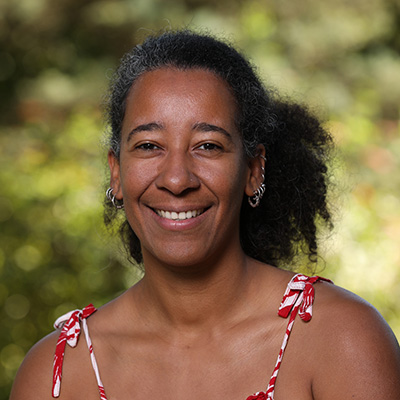Associate Professor Diana Mafe teaches classes in English, black studies, international studies, and women’s and gender studies.
Where Are the Black Women in Speculative Film and Television?
Speculative film and television — science fiction, fantasy, the supernatural, horror and so on — is one of the most popular cinematic genres because it regularly tests the limits of imagination. These narratives show us things that might otherwise be impossible: time travel, extraterrestrials, superheroes and alleged utopias.
I have been a lifelong fan of these kinds of films and shows. And advancements in visual and special effects have made these “speculative” realities more impressive and plausible than ever. But my current research looks at the ways in which the genre also remains remarkably static and unimaginative when it comes to portraying people of color in general and black women in particular.
My Tedx talk addresses the ironic limitations that disenfranchised groups face even in speculative worlds and realities. The talk challenges audiences, as both consumers and creators of popular cultures, to expect more from speculative cinema, to see the stagnant race and gender stereotypes underneath the dazzling special effects, and to change the status quo.
I point to some of the most notable black female characters in American and British speculative productions, especially in the new millennium. On the small screen, one can look back to Uhura on the 1960s show “Star Trek,” as well as to more recent characters like Zoe Washburne in “Firefly” and Martha Jones in “Doctor Who.”
On the big screen, there are a handful of twenty-first-century examples but the most obvious is the reimagined Uhura in the rebooted “Star Trek” films. Again, much as I enjoy these science fiction classics and blockbusters, I also see a familiar relegation of black women to secondary roles and limited screen time.
As someone who teaches and researches in the fields of postcolonial, gender and black studies, I think it is important to not only acknowledge these trends but also confront them. The whole point of speculative fiction is that anything should be possible.

